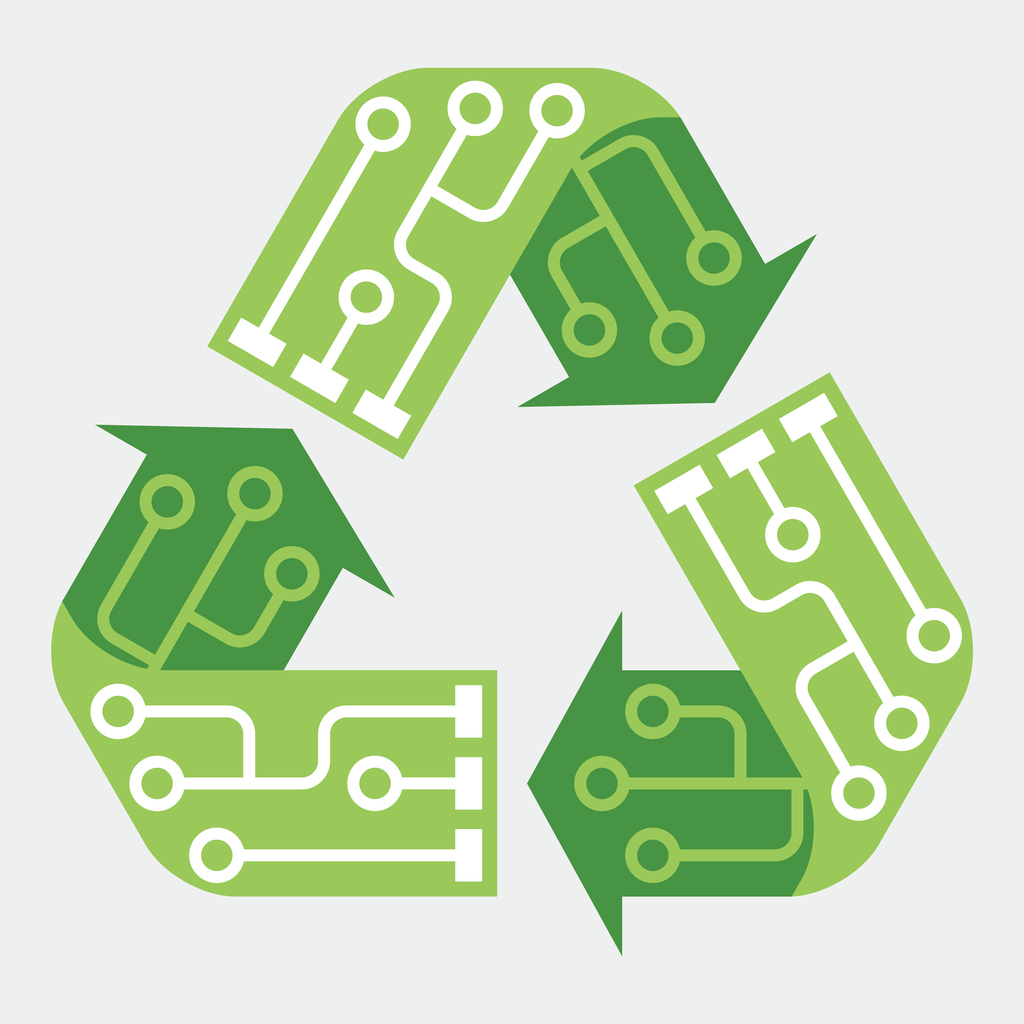As we close in on the last few hours before the final deadline, ITAD companies across the globe are confronting the pivotal decision to upgrade to the R2v3 standard or voluntarily withdraw from the transition. As tomorrow (06/30/2023) marks the end of the R2 2013 standard's reign, this juncture invites a crucial conversation around sustainability, data security, and the future of electronic recycling.
The Paradigm Shift: R2 2013 to R2v3
The migration from R2 2013 to R2v3 is not merely a process of transition; it's a paradigm shift. The R2v3 is the latest version of the Responsible Recycling ("R2") Standard for Electronics Recyclers. This standard is designed to help ensure the quality, transparency, and environmental and social responsibility of electronics recycling facilities. It builds on the principles established in the R2 2013 standard, refining and enhancing them to address the ever-evolving dynamics of the electronics recycling industry.
The updated R2v3 standard provides tighter control and traceability of electronic waste, improves the downstream recycling chain, enhances data security practices, strengthens requirements for repair and refurbishment facilities, and elevates transparency and accountability. It also seeks to foster a more robust approach to environmental, health, and safety management systems.
The Choice Facing ITAD Companies
While the advantages of R2v3 are clear, the process of upgrading is not without challenges. The switch demands a re-evaluation of operational processes, potential investment in new systems or procedures, and a significant time commitment to achieve compliance. It is a step that will require strategic planning, rigorous implementation, and continual monitoring to ensure adherence to the updated standards.
Given these challenges, a noticeable number of ITAD companies are contemplating a voluntary withdrawal from upgrading. For some, the cost and effort of implementing the changes required by R2v3 are considered too daunting. Others may find that their current practices align more closely with the R2 2013 standard, and they believe they can maintain their commitments to sustainable and responsible recycling without the R2v3 certification.
The Implications Ahead
Regardless of the decision made, one thing is clear - this transition will define the future of electronic recycling. The ITAD companies opting for R2v3 will be setting the standard for best practices in electronics recycling. For those who decide to forgo the upgrade, they'll need to find ways to demonstrate their commitment to responsible recycling practices independently, without the recognized certification. As we stand on the precipice of this deadline, it is clear that the choices made will have far-reaching implications for both the ITAD companies and the broader landscape of electronic reuse and recycling. We look forward to watching this space evolve and grow as we collectively strive towards more sustainable and secure practices in the ever-expanding universe of electronics.

